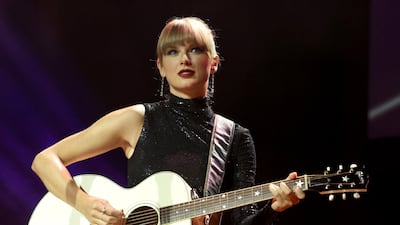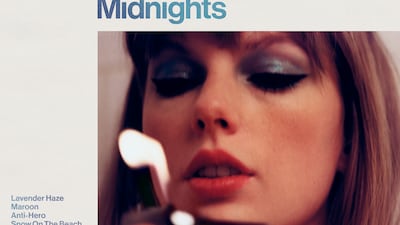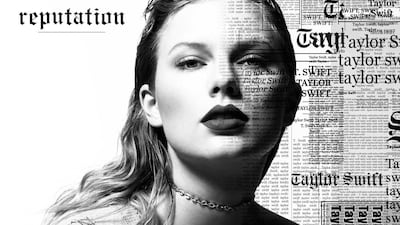US senators questioned entertainment company Live Nation on Tuesday over whether its dominance of event ticket sales caused a site meltdown last year when hundreds of thousands of Taylor Swift fans attempted to purchase passes to her 2023 tour.
Live Nation is the parent company of Ticketmaster, whose site crashed during a presale event for Swift’s upcoming “Eras” tour, sending many “Swifties” into a panic.
Senator Amy Klobuchar, who led the bipartisan hearing of the Senate Judiciary Committee, shared high school memories about going to see Led Zeppelin, The Cars and Aerosmith in concert, lamenting that soaring ticket prices now prevent many fans from even making it into the car park.
“I don't think it's very easy for high school kids to make their money at Baker Square Pie shop on the weekends and buy tickets to these major concerts,” said Ms Klobuchar in opening remarks.
Bipartisan agreement on any issue is rare, but as Democratic Senator Richard Blumenthal noted, Live Nation managed to unite politicians in what was the committee’s first meeting of the congressional session.
Ticket fees now average 27 per cent of the ticket cost and can climb as high as 75 per cent, Ms Klobuchar said, and Ticketmaster's market dominance means it faces little pressure to innovate and improve.
Live Nation’s President and Chief Financial Officer Joe Berchtold blamed the recent meltdown on re-sale bots and an unexpected deluge of fans.
“So what are you going to do about this?” asked Senator Marsha Blackburn of Tennessee.
“Are you going to strengthen your protections so that these bots cannot get in there? Why is it that you have not developed the algorithm to sort out what is a bot and what is a consumer? Why is it that the bank can do it … Why is it's the local power company can do it, but you can’t?”
Ms Blackburn’s constituents live in Nashville, Tennessee, the cradle of country music — and also Swift’s home.
“Music City USA needs you all to be successful and this is an issue of fairness … and right now, we have a system that is not fair,” Ms Blackburn continued.
See Senator Marsha Blackburn grill Live Nation executive
Mr Berchtold apologised to the millions of Taylor Swift fans left out in the cold and said that the company has over the past 10 years invested “a billion dollars” in the company’s cyber infrastructure. He also said the company knows it must do better.
“We're continually investing in advanced bot detection,” Mr Berchtold said. “It’s an arms race.”
Also addressed during the hearing was “drip pricing”, which would show consumers the total price of a ticket instead of only revealing the final price during checkout.
Musician Clyde Lawrence of the eponymously named group Lawrence, weighed in on the issue, saying that the problem with drip pricing is that fans fail to see who is taking what piece of the pie.

He also said he would like artists to be paid better, as Live Nation and other promoters can sometimes take 20 per cent or more from merchandise sales on concert night for “providing the real estate”, Lawrence said.
“But we're providing all of the customers … how come we don't get any of the bar sales?”
Mr Berchtold agreed that the industry should be more transparent about pricing and fees.
Ticketmaster is the world’s largest ticket seller, processing 500 million tickets each year in more than 30 countries. About 70 per cent of tickets for major concert venues in the US are sold through Ticketmaster, according to data in a federal lawsuit filed by consumers last year.
Mr Berchtold also blamed skyrocketing prices on ticket touts, though Live Nation runs its own ticket re-sale business for which it charges fees on tickets it has already sold.
He insisted that service fees are set by venues. Live Nation only owns about 5 per cent of US venues, he said. He added that Ticketmaster has lost — not gained — market share since its merger with Live Nation in 2010.
Taylor Swift's albums ranked — in pictures
Agencies contributed to this report





























































































